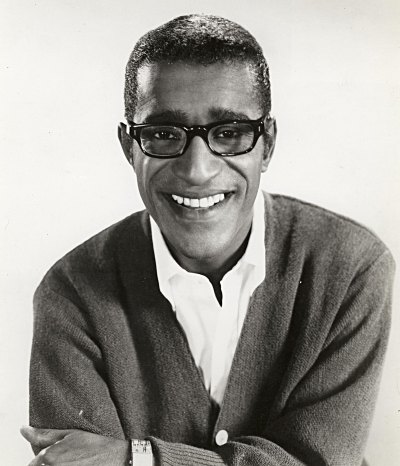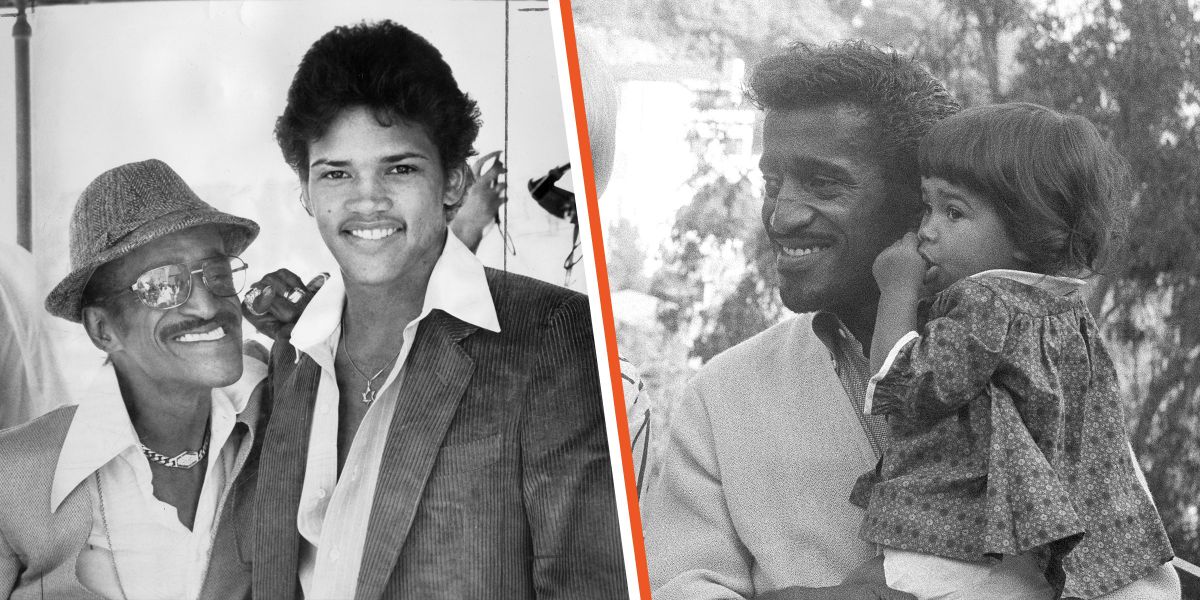Sammy Davis Jr.: The Man Who Taught His Son To Break The Mold
Let me tell you a story about a true legend, Sammy Davis Jr. Back in the late '80s, Sammy was performing in Las Vegas, and he did something absolutely incredible. He impersonated Michael Jackson so well that the entire crowd erupted into laughter and cheers. But here's the kicker—Michael Jackson was actually in the audience watching Sammy nail that impression. "My dad had the whole place going wild," recalls Sammy's youngest son, Manny Davis, speaking exclusively to Closer. "And then, he went on to belt out ‘Bad.’ It was an unforgettable moment."
Throughout his illustrious career, Sammy wasn’t one to shy away from risks. He knew his talent and charisma would carry him through any challenge. As a father, Sammy took those same lessons he learned on the stage and passed them down to his four children. "He taught me never to give up on my dreams," Manny says with a smile. "He emphasized the importance of knowing my worth and not settling for anything less. Those words have stayed with me my whole life."

Sammy’s career was nothing short of extraordinary. He dominated the world of music, film, television, and live performances. There was literally nothing this man couldn’t do. It’s no surprise he earned the nickname “Mr. Show Business” in the '70s. By the time Sammy and his third wife, Altovise, welcomed Manny into their lives, he had more time to focus on family. "Being the youngest of Sammy’s kids, my experience was a little different from my siblings," Manny explains. "They grew up during the civil rights movement, while I was a kid in the '70s and '80s. By then, Dad had already achieved so much of what he set out to do. He and Mom would take me everywhere with them, and it was an incredible way to grow up."
Read also:Kathy Bates Steps Back From Acting To Find Love
A Legacy of Love and Lessons
Sammy wanted to ensure his youngest son had a childhood that he himself never got to experience. "He started working at the age of 3," Manny shares, talking about his father's early days as a dancer on the vaudeville circuit with his own dad. While young Sammy quickly learned how to captivate an audience, his father shielded him from the harsh realities of racism in America. "On tour, Sammy only interacted with Black people—performers, audiences, hotels," explains Matt Birkbeck, author of Deconstructing Sammy: Music, Money and Madness. "It wasn’t until his teenage years, and later during his time in the Army during World War II, that Sammy truly experienced racism. It shocked him and left a lasting impact on his life."

After leaving the Army, Sammy returned to the stage with renewed vigor. In 1951, as part of the Will Mastin Trio, he became an overnight sensation at Ciro’s, a trendy West Hollywood nightclub, following the Academy Awards. The star-studded crowd was especially impressed by Sammy’s hilarious impressions. Over the following years, Sammy became a trailblazer in the entertainment industry, though it wasn’t always smooth sailing. "He endured immense hardships," Birkbeck notes, recalling how Sammy and his second wife, Swedish actress May Britt, weren’t invited to John F. Kennedy’s inauguration, despite Sammy campaigning for him, because interracial couples were still frowned upon. "That deeply wounded him," Birkbeck adds.
By the time Manny came along, the
Article Recommendations


